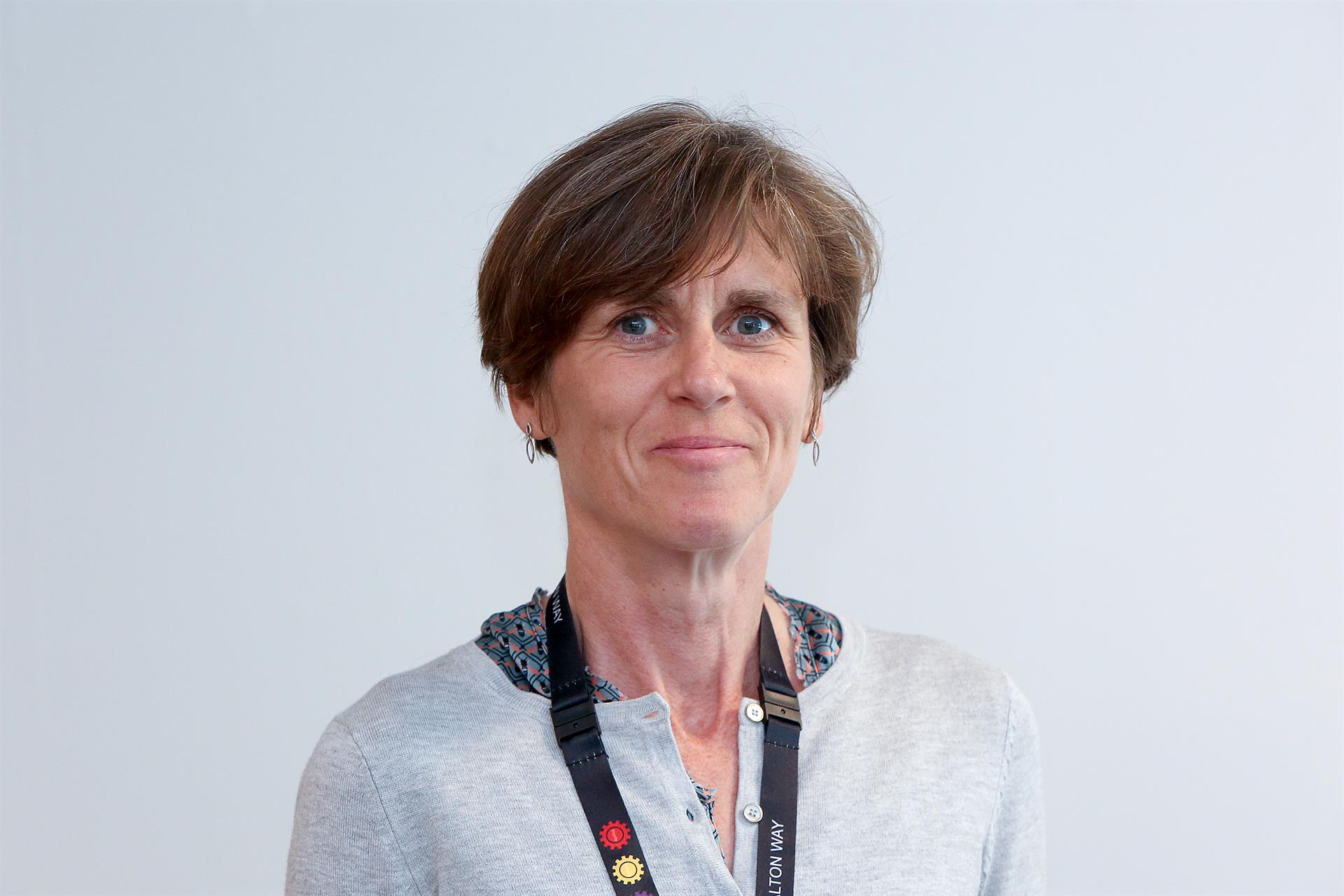Dr Charlotte Dougan - Consultant Neurologist

What does your role involve?
I have been a Consultant Neurologist at The Walton Centre since 2005, with a specialty interest in neuromuscular (NM) disorders. I completed a research degree in Motor Neurone Disease at The Walton Centre with Professor Carolyn Young during my training many years ago (1997-2000) which sparked my interest in this area. My current role involves diagnosing and managing a range of neuromuscular conditions. I work predominantly here, but also conduct a joint transitional adolescent NM service at Alder Hey Children’s Hospital.
What kind of patients do you see and how do you support them?
One of the reasons why I love practising in this area is the breadth of conditions seen, which continues to challenge. Conditions from myasthenia gravis and acute neuropathies to more chronic genetic neuromuscular disorders such as muscular dystrophy and spinal muscular atrophy or rare metabolic disorders. The field of practice has changed enormously over recent years, with emerging genomics and refinement of molecular diagnoses paving the way for disease modifying therapies. The role requires close work with colleagues through diagnostic services such as neurophysiology and neuropathology, plus a network of services across Liverpool and beyond to meet patients’ complex needs. We also have an experienced therapy team, which has transformed the quality of what we can offer.
What’s it like working at The Walton Centre?
I really value the access I have to peer colleagues and their drive to provide excellence and develop services further, this is invaluable in what can be challenging work for a complex group of patients.
What are some of the challenges you face?
My biggest challenge is the uncertainty when faced with a patient who has a rare disorder that eludes diagnosis. I have never quite got comfortable with the concern that I am missing something, but that is common to many neurologists who often face difficult or complex rare disorders. Fortunately, two (or more) heads being better than one, and I can access some good brains to help!
What’s the most satisfying part of your job?
It would still be the satisfaction of making a correct diagnosis that leads to a treatment, some resolution for the patient, and feeling that the job has been well done. More recently we have started to realise the benefit of molecular diagnosis, leading to new gene therapies in neuromuscular disorders when previously we could only provide supportive treatment. We are entering a new era in treatment across neurological and NM disorders that is exciting, challenging, and will keep me engaged until the end of my career!
- Summary:
The role requires close work with colleagues through diagnostic services such as neurophysiology and neuropathology, plus a network of services across Liverpool and beyond to meet patients’ complex needs.
- Last Updated: